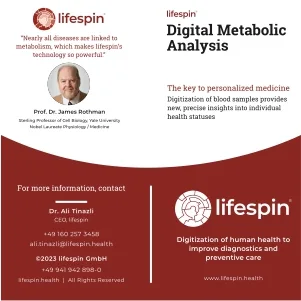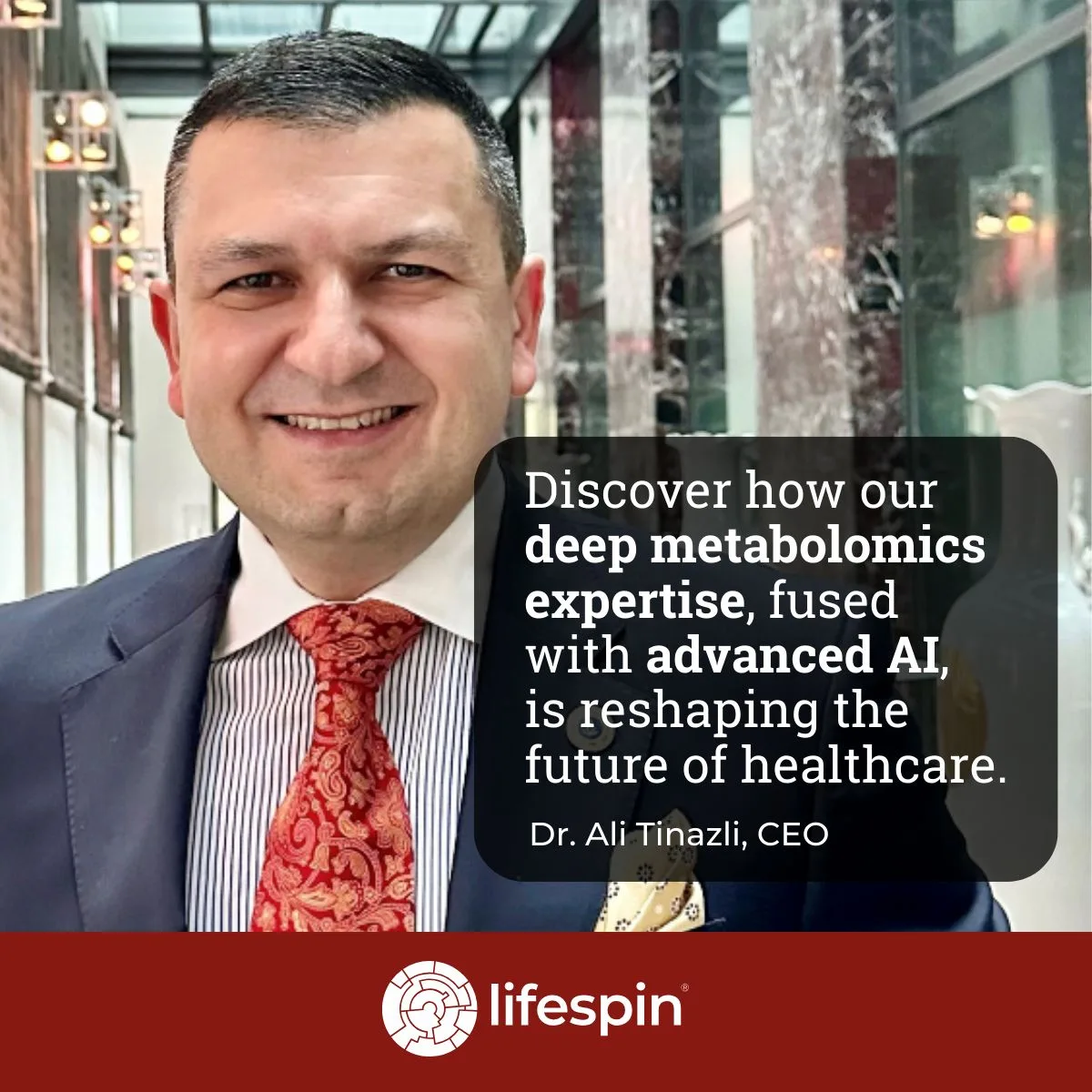“The health and well-being of citizens, residents, and visitors is one of our highest priorities. It is a duty we ensure to fulfill at all times and under all circumstances. We have highly-qualified national talents, partnerships with leading global medical institutions as well as clear plans to ensure all members of the community can receive world-class medical treatments.”
-His Highness Sheikh Mohammed bin Rashid Al Maktoum, Vice-President and Prime Minister of the UAE and Ruler of Dubai.
This year, the UAE celebrates its 52nd National Day alongside COP28, where world leaders gather to take decisive action against climate change, setting ambitious goals for carbon reduction and renewable energy development.
History will be made on December 3rd, as the global health landscape stands at a precipice. For the first time in nearly three decades of climate change negotiations, the inextricable link between climate and health will take centre stage at the UN’s COP28 summit in the UAE. This “groundbreaking Health Day,” as President Dr. Sultan Al Jaber aptly described, will grapple with two crucial questions: how can we build resilience within public health systems to withstand the escalating threats of climate change, and who will bear the financial responsibility for this vital transformation?
UAE’s Journey as a Healthcare Beginner
In the past few decades, the UAE has undergone a remarkable transformation in the healthcare sector. From limited resources and dependence on foreign medical professionals, the nation has emerged as a regional leader in healthcare delivery, boasting leading-edge technology, world-class facilities, and a skilled workforce. This remarkable journey is an assertion of the UAE’s commitment to national development and its healthy vision to provide its citizens and residents with the highest quality care.
The journey began with a focus on building basic healthcare infrastructure. Hospitals were established, and training programs were launched to create a pool of local medical talent. Early efforts prioritized primary care, ensuring accessibility to essential medical services for the growing population. This emphasis on preventative healthcare has laid a strong foundation for the nation’s current success.
From High Infant Mortality to High Investment Mobility
Before the 1950s, the Emirates faced the grim reality of high infant mortality rates. This, coupled with a growing population and aspirations for a healthier future, spurred the visionary Rulers to action. Recognizing the critical need for modern healthcare facilities, they initiated a journey of transformation.
The pivotal year was 1943, with the opening of a small healthcare center in Dubai’s Al Ras district. This initial step paved the way for further progress. Just a few years later, under the patronage of Sheikh Saeed bin Maktoum, the first phase of the Al Maktoum Hospital began construction in Dubai. This laid the foundation for a 157-bed hospital, later known as the Oasis Hospital, and marked a significant turning point in the Emirates’ healthcare landscape.
Following Dubai’s healthcare advancements, Abu Dhabi also witnessed a transformative path. In 1966, a small outpatient department opened, laying the groundwork for further progress. The important appointment of Dr. Philip Horniblow in 1967 marked a turning point in Abu Dhabi’s healthcare trajectory. Charged with the critical mission of developing a comprehensive national health service, Dr. Horniblow’s efforts culminated in the momentous inauguration of the Central Hospital by the visionary leader Sheikh Zayed in 1968. This event marked a significant milestone in Abu Dhabi’s healthcare evolution.
Independent UAE and Healthcare
The formation of the United Arab Emirates in 1971 marked a new chapter. The newly established Ministry of Public Health led to further rapid progress in healthcare across the nation. With dedication and continuous commitment to improving the lives of their people, the Rulers continued to invest in modern hospitals, advanced medical equipment, and qualified personnel.
With persistent dedication, the UAE has achieved successful results in healthcare. Infant mortality rates have plummeted dramatically, while life expectancy has soared. Today, the UAE is proud to offer a highly respected healthcare system, recognized for its world-class facilities, innovative technology, and skilled healthcare professionals. This system is a true testament to the transformative journey undertaken decades ago.
The UAE Healthcare Market is Booming
The UAE’s healthcare sector has been consistently recognized for its excellence, and 2023 is no exception. The country continues to lead regionally and globally in medical services and scientific achievements, earning top rankings in several key areas.
The Legatum Institute’s Prosperity Index Report placed the UAE at the top of three key global competitiveness indexes in healthcare: early detection programs, scope of medical coverage, and antenatal care coverage. This highlights the country’s commitment to preventive care and ensuring comprehensive access to medical services for all.
The UAE’s healthcare sector is experiencing rapid growth, with a projected investment of $30.7 billion by 2027. This represents an annual growth rate of 7.4%, the highest in the Gulf Cooperation Council countries. This significant investment demonstrates the country’s long-term commitment to providing its citizens with access to the best possible healthcare services. And UAE is actively incorporating advanced technology into its healthcare system. This includes initiatives like the launch of the national drug tracking system “Tatmeen” and the Innovation Strategy 2023-2026 by the Emirates Health Services. These efforts aim to improve healthcare efficiency, accessibility, and sustainability for the future.
UAE Health 2.0
The United Arab Emirates is taking significant steps towards a healthier future through its ambitious healthcare action plans. These plans focus on strengthening the healthcare workforce, tackling emerging challenges, and embracing technology.
Firstly, the UAE is committed to investing in its nursing and midwifery workforce. A five-year strategy aims to address staffing shortages, enhance skills, and support career development. This focus on human capital ensures a robust and resilient healthcare system for the future.
Secondly, the nation is proactively addressing emerging health challenges. The National Action Plan for Antimicrobial Resistance optimizes antibiotic use, while the National Action Plan in Nutrition promotes healthy eating habits and tackles food insecurity. Additionally, the National Strategy and Action Plan for Environmental Health protects residents from environmental threats, creating a safer and healthier environment for everyone.
Finally, the UAE is leveraging technology to revolutionize healthcare access and delivery. Telehealth services are rapidly expanding, allowing patients to consult with doctors remotely and receive essential care without geographical barriers. Digital health platforms facilitate patient data management and enhance communication, further streamlining healthcare delivery and improving patient experience.
Also Read: Elevating Healthcare Excellence in the UAE: A Paradigm Shift through Research and Development
The UAE’s strong commitment to building a world-class healthcare system is clear in its action plans. Investing in its healthcare workforce, harnessing technology, and actively addressing emerging challenges, the UAE is making a path for a healthier future and inspiring others to follow in its footsteps. 52 years of journey symbolize hope for many to live a healthy life and make healthy choices. This commitment to health will continue in the UAE. Happy 52nd UAE National Day!












